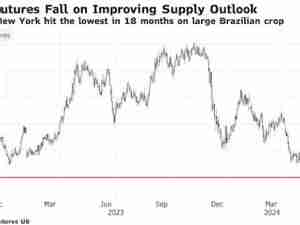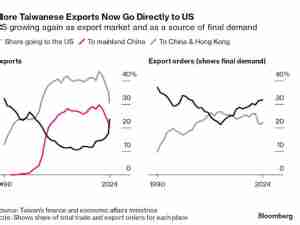The EU has warned the incoming UK leader not to pursue a bill designed to rip up the Brexit deal governing Northern Ireland, just days before Britain’s new premier is elected.
The Northern Ireland protocol -- the part of the Brexit deal that keeps the province in the bloc’s single market for goods to avoid imposing a hard border on the island of Ireland -- is fueling an increasingly fraught relationship between the UK and the EU.
Foreign Secretary Liz Truss and ex-Chancellor of the Exchequer Rishi Sunak, one of whom will be named leader next week, have vowed to push on with a law to unilaterally override the agreement. While that’s been applauded by many conservatives in Britain and unionists in Northern Ireland, it’s exacerbated tensions with the EU who quickly moved to start legal action against the UK.
“Further unilateral action may give the impression to many in the EU that the UK leadership is not that interested in cooperation with the EU,” the bloc’s chief Brexit negotiator Maros Sefcovic said in a speech in Oxford, England, on Friday, in reference to the incoming prime minister -- probably Truss.
The EU “will never leave” the negotiating table, Sefcovic said, pledging a willing to work constructively with “any new UK interlocutor to find a common solution within the Protocol.”
The hangover of Brexit is set to be an immediate dilemma for Truss or Sunak when they come to power on Sept. 6. They must respond to the EU’s legal challenge within 10 days of taking office, or risk the case being referred to the European Court of Justice. Recent reports suggest Truss could trigger Article 16, a mechanism agreed with the EU that forms part of the Brexit trade agreement.
To add to their forbidding in-tray, Northern Ireland’s power-sharing government is currently suspended as the Democratic Unionist Party refuses to participate until the protocol is removed, because it treats Northern Ireland differently from the rest of the UK.
If the stalemate continues, the UK’s new government may be forced to call another regional election, causing further uncertainty for Northern Ireland, which has historically been rocked by sectarian violence.








